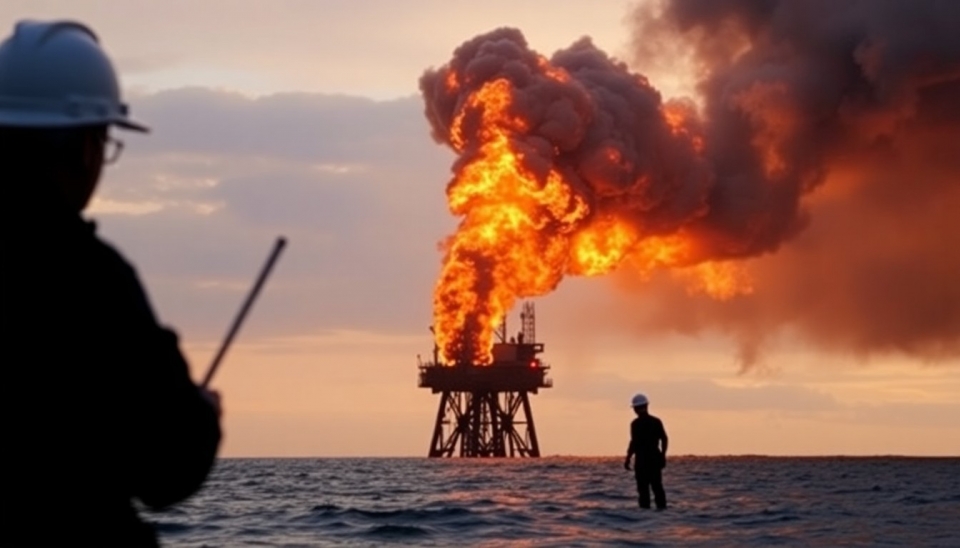
In a recent and alarming incident, the North Sea has witnessed a severe oil spill that has raised significant concerns across the energy sector. The incident echoes the catastrophes of the Deepwater Horizon spill, prompting discussions about safety regulations and emergency preparedness in offshore oil drilling operations. Despite the stark parallels, experts argue that the situation in the North Sea presents an opportunity to learn from past mistakes and implement stronger safety measures to prevent future disasters.
The oil spill, caused by a malfunction during drilling operations, has sent thousands of barrels of crude oil into the waters, threatening marine life and local ecosystems. As teams work diligently to contain and mitigate the damage, questions are being raised about the regulatory framework governing offshore drilling in the North Sea. The incident has reignited debates about environmental safeguards, corporate accountability, and the responsibilities of oil companies to ensure the safety of their operations.
Industry analysts believe that the response to the North Sea spill could become a pivotal moment for oil drilling regulations. Drawing comparisons with the Deepwater Horizon disaster, which resulted in catastrophic damage both environmentally and economically, they highlight the need for proactive measures to protect the fragile marine environments that could be severely impacted by such spills. Experts argue that oil companies must invest more in advanced technology and contingency plans to ensure that they are prepared for any emergencies that might arise during drilling activities.
Furthermore, there is a clamoring demand for stricter regulatory oversight from government bodies to ensure that companies adhere to highest safety standards. “We’ve seen what can happen when safety measures fail,” an environmental advocate stated. “The North Sea incident must serve as a wake-up call for both the industry and regulators to take imminent action to prevent similar tragedies.”
Moreover, analysts recommend increased collaboration between oil companies, environmental groups, and government agencies to develop comprehensive strategies for risk management. This collaboration is essential to create a robust framework that prioritizes not only profit margins but also the health of our planet and its ecosystems. As history has shown, the costs of negligence can far exceed the expenses associated with implementing proper safety measures.
In conclusion, the North Sea oil spill presents a grim reminder of the potential ramifications of offshore drilling. While the current situation is dire, it also offers a chance for industry stakeholders to revise their protocols and practices. By learning from the Deepwater Horizon disaster and implementing new strategies, it may be possible to safeguard the future of oil drilling, minimize environmental impacts, and protect our oceans. This path forward is essential if the oil industry aims to operate responsibly in today's increasingly environmentally conscious world.
As the situation develops, it is crucial for interested parties to stay informed, engage in dialogue, and demand actionable changes within the oil industry to prevent future incidents.
#NorthSea #OilSpill #DeepwaterHorizon #EnvironmentalSafety #OilIndustry #Sustainability
Author: John Miller




